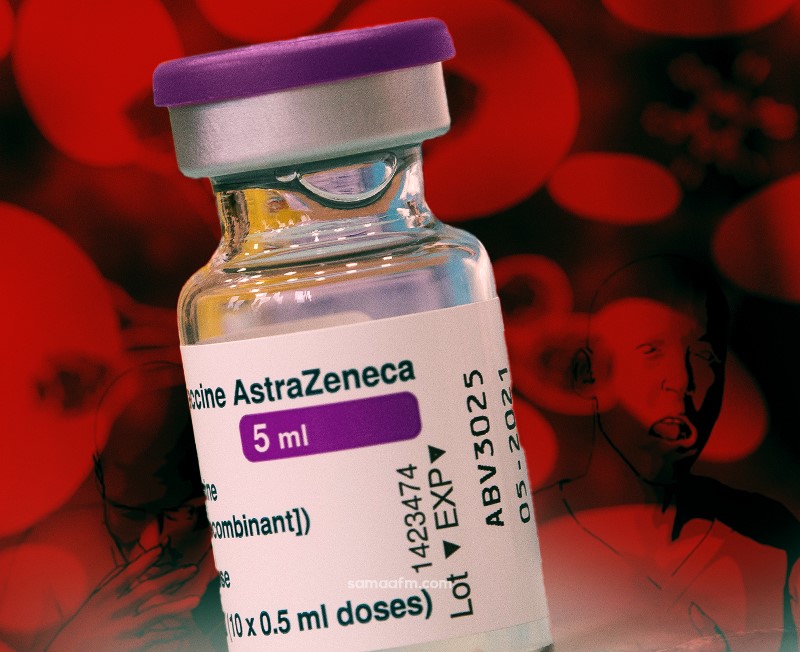
The truth behind AstraZeneca, J&J vaccines and blood clots
Most of the countries around the world are experiencing the third wave of Covid-19 with mutations and strains of different kinds. The vaccine AstraZeneca has created havoc in Europe and its all 27 member states.
Despite the fact that the connection isn’t firm yet, they’re calling the condition vaccine induced immune thrombotic thrombocytopenia or VITT. It’s portrayed by blood coagulating joined with a low number of blood-thickening cells called platelets. Patients experience the ill effects of clusters and clots and, sometimes, hemorrhaging at the same time.
AstraZeneca vaccine and blood clots
The European Medicines Agency said there’s a possible link between AstraZeneca’s Covid-19 vaccine and a rare type of blood clot in the brain. In parallel, the U.K. also recommended not using Astra’s vaccine on those under the age of 30.

Both AstraZeneca’s and the J&J vaccine utilize normal cold infections called adenoviruses as a transporter and a few specialists speculate the body’s reaction to those viral vectors may underlie the response. AstraZeneca’s vaccine isn’t approved in the U.S.
The AstraZeneca vaccine blood clot research
A team led by Dr. Marie Scully, a hematologist at University College London Hospitals, studied 22 patients who developed the syndrome after receiving AstraZeneca’s vaccine, and found they had an unusual antibody response. These so-called anti-PF4 antibodies had only been seen before as a rare reaction to the use of the common blood thinner heparin.
The findings support a theory that an immune reaction might underlie the rare blood clots, but the findings don’t yet explain it, Scully and colleagues reported in the New England Journal of Medicine on Friday. What may be going on is a reaction by the immune system with platelets to cause uncontrolled clotting. If this is happening due to the vaccine, it is still rare. They also said that it might not even be happening any more often in recently vaccinated people than among the population in general.
Is AstraZeneca vaccine safe in Pakistan?
The study suggests that, “The risk of thrombocytopenia and the risk of venous thromboembolism after vaccination against SARS-CoV-2 do not appear to be higher than the background risks in the general population, a finding consistent with the rare and sporadic nature of this syndrome.”
The Joint Committee on Vaccines and Immunisation and Expert Haematology Panel have advised that anyone with a history of blood clots are at no increased risk from the AstraZeneca Covid-19 vaccine. They can also have their second shot of the vaccine, with no additional risks.
Side effects of the COVID-19 vaccine
Some of the new side effects of the vaccine include
- new, severe headache which is not helped by usual painkillers or is getting worse.
- headache which seems worse when lying down or bending over.
An unusual headache that might accompany with
- Blurred vision, nausea, and vomiting.
- Difficulty with speech
- Weakness, drowsiness, or seizures
- New, unexplained pinprick bruising or bleeding
- Shortness of breath, chest pain
- Leg swelling
- Abdominal pain
Whereas a relieving news is the vaccines produced by Moderna and Pfizer/BioNTech use a different technology that sends genetic material into the body wrapped in lipids. And according to various lab tests they have not been linked with blood clots.
Read More:




